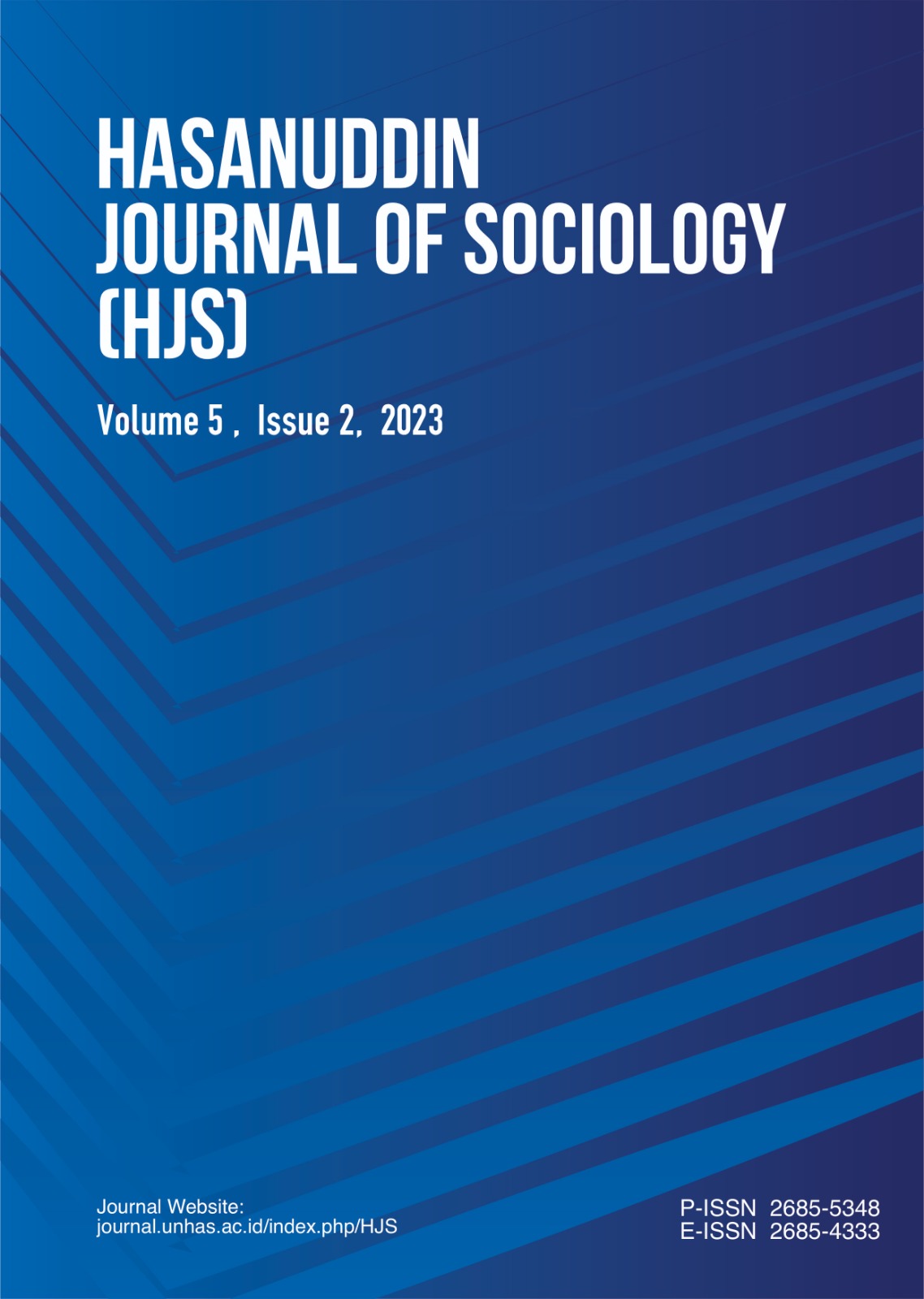Implications of the Increase in Public Transport Tariffs Due to the Increase in Fuel Prices on the Social Conditions of Public Transport Drivers
DOI:
https://doi.org/10.31947/hjs.v5i2.24359Abstract
The government's decision to increase the price of fuel oil has a direct impact on increasing the operating costs of public transport. This decision was taken due to the increase in world oil prices, which prompted the government to cut fuel subsidies. This situation certainly has an impact on the income of public transport drivers, this is also exacerbated by the existence of online transportation which is an alternative transportation used by the community, so that it increasingly shifts the existence of public transportation. This study uses a qualitative method that aims to reveal the impact that occurs from the increase in public transport fares due to changes in fuel prices on the condition of public transport drivers. The results showed that the increase in fuel prices had an impact on reduced income and an increase in fuel costs incurred by public transport drivers, decreased people's purchasing power, increased poverty and unemployment, which had an impact on other social problems such as health and domestic violence. Therefore, the government implemented assistance in the form of BLT (Direct Cash Assistance) and BSU (Wage Subsidy Assistance) which are expected to be effective and right on target to reduce poverty and social inequality due to rising fuel prices.Downloads
Download data is not yet available.









